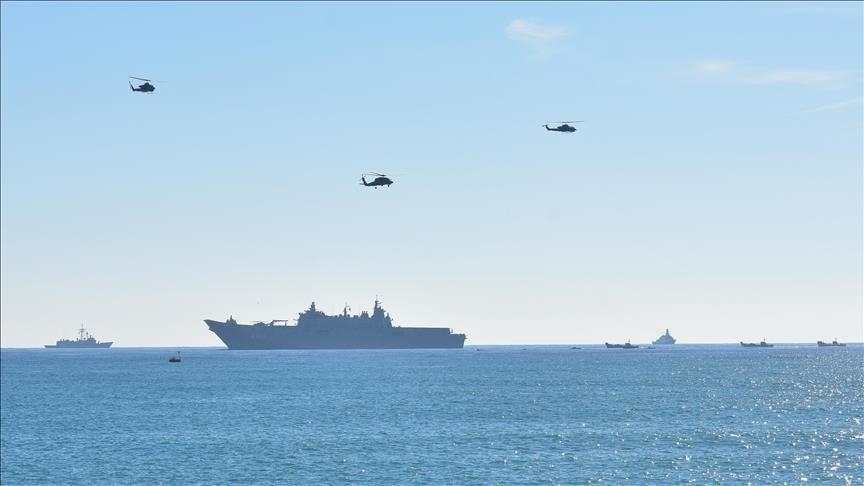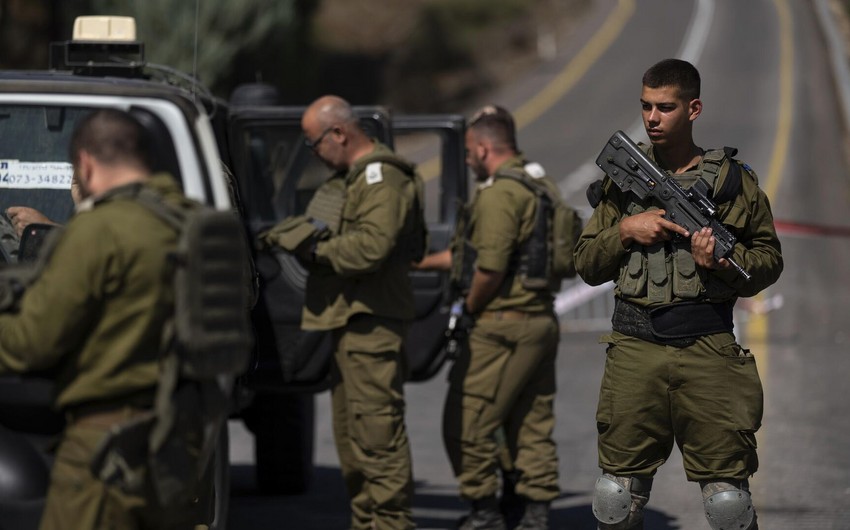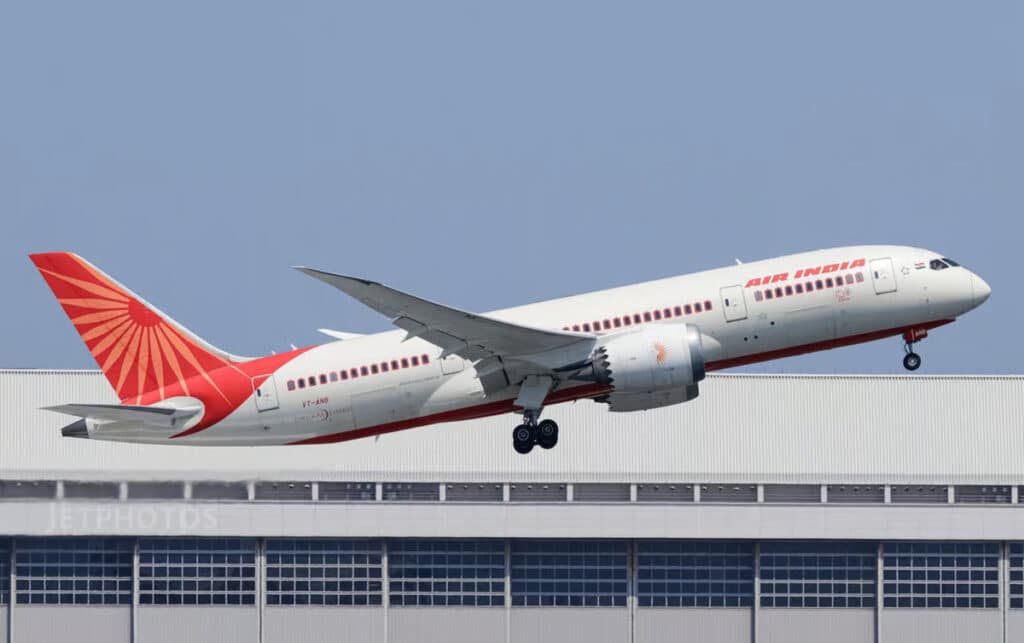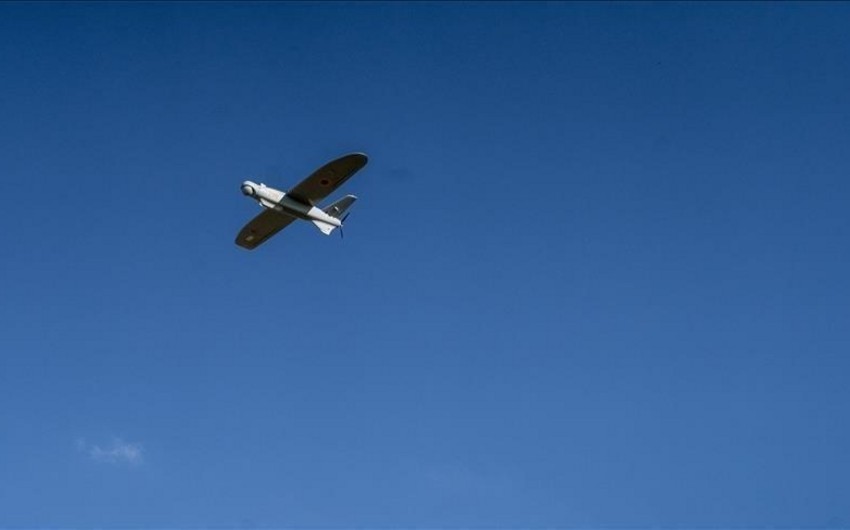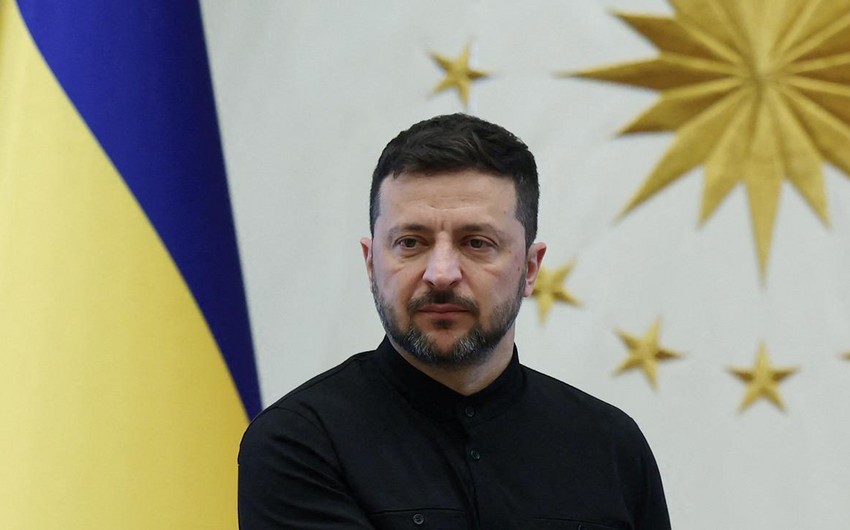South Korea, the US and Japan held combined air drills Friday aimed at strengthening their joint response against North Korea's nuclear and missile threats, according to the South’s defense ministry.
The exercise took place in international airspace near South Korea’s Jeju Island and featured at least one US B-52H strategic bomber alongside South Korea’s KF-16 and Japan’s F-2 fighter jets, Yonhap News Agency reported, citing the defense ministry statement.
This marked the B-52H’s first deployment to the Korean Peninsula in 2025.
Friday’s drills followed similar aerial exercises conducted on June 18, which were the first under President Lee Jae-myung’s administration.
"Based on close coordination, the three countries will cooperate to jointly deter and respond to North Korea's threats while continuing with three-way training," said the ministry.
The joint drills coincided with a meeting of the top military leaders of the three countries in Seoul, where they reviewed regional security dynamics and explored ways to further enhance trilateral security cooperation.
US Joint Chiefs of Staff Chairman Gen. Dan Caine underscored the critical need for enhanced security cooperation among South Korea, the US and Japan in the face of an "unprecedented" military buildup by North Korea and China.
He made the remarks during the meeting with his South Korean counterpart Adm. Kim Myung-soo and Japanese counterpart Gen. Yoshihide Yoshida.
"Our focus in the United States remains on reestablishing deterrence, and doing so needs and requires the trilateral cooperation between our three countries," Caine said, adding "the DPRK (Democratic People's Republic of Korea) and China are undergoing an unprecedented military buildup with a clear and unambiguous intent to move forward with their own agendas."
It was the first Trilateral Chiefs of Defense meeting hosted in Seoul and marked Caine’s first visit to South Korea as the US military’s highest-ranking officer since his predecessor, Gen. Charles Q. Brown Jr., who visited Seoul in November 2023.
The three countries also agreed to expand their trilateral multi-domain Freedom Edge exercise and condemned the North's continued nuclear and missile developments and its growing military cooperation with Russia, according to the agency.

